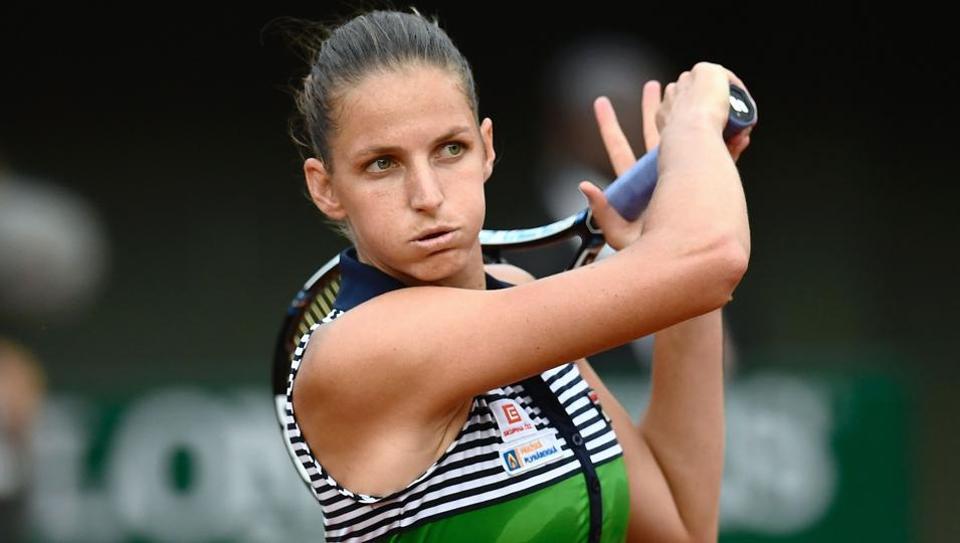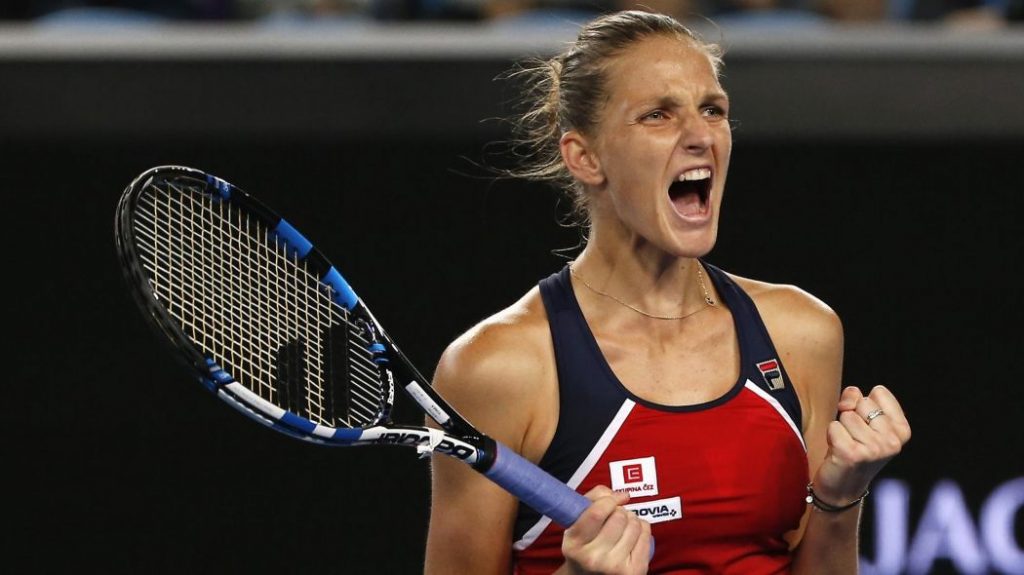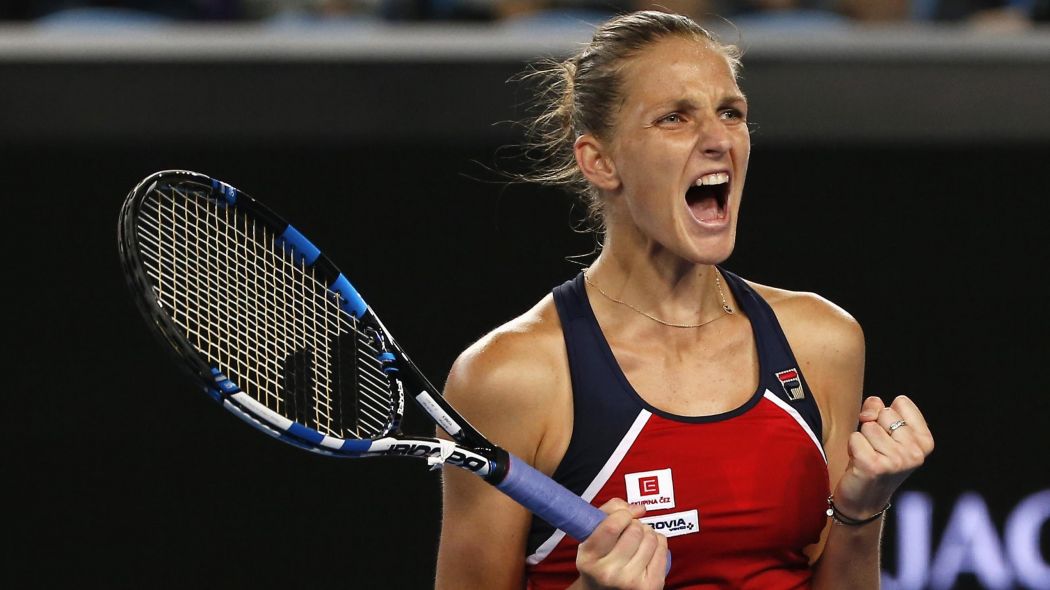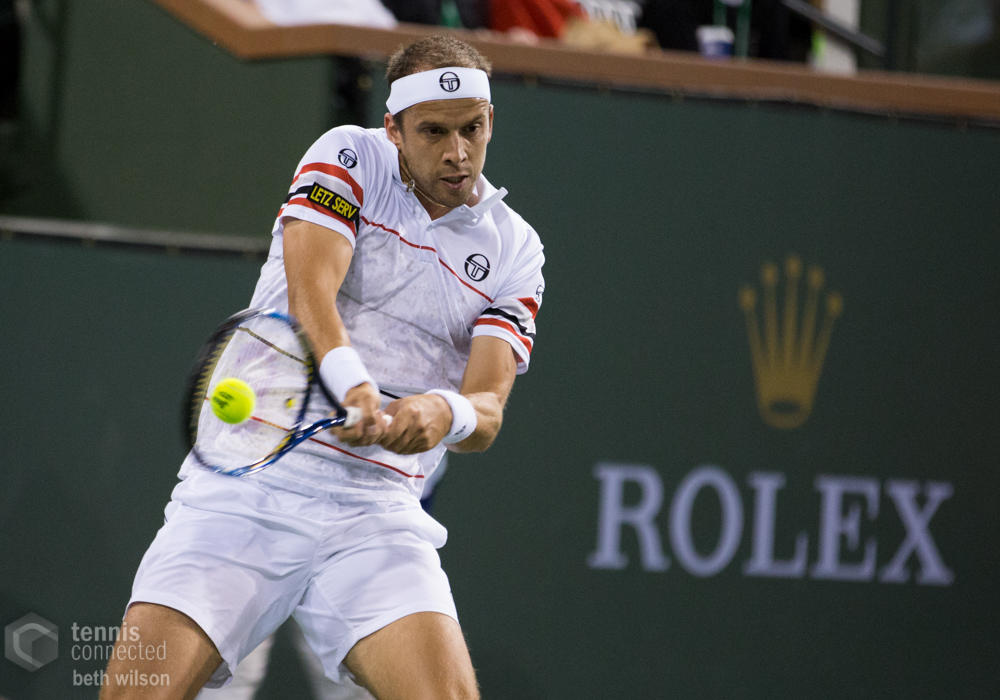This year’s Wimbledon was, as always, an entertaining event. Unfortunately, our final memories from the fortnight were anti-climactic. In the women’s title match, Venus Williams ran out of gas in the second set and lost it at love; in the men’s, Marin Cilic couldn’t overcome the pain or emotional turmoil caused by a blister on his left foot.
As far as comedowns go, though, neither could top the one that occurred earlier in the tournament. Just a few days before Karolina Pliskova lost in the second round on Centre Court, the WTA announced that 25-year-old Czech Republic native would ascend to the No. 1 ranking for the first time. The news hit the tennis world like a lead balloon, especially coming, as it did, in the same week that another young player, Garbiñe Muguruza, was powering her way to the Wimbledon title. The specter of the “Slamless No. 1” had returned to women’s tennis.
Reaching that position is, of course, one of the ultimate achievements in tennis, and it makes Pliskova a member of perhaps the sport’s most elite club. In the 42 years since the WTA instituted its computer ranking system, only 23 women have been ranked No. 1. For Pliskova, it also marks the high point of a meteoric three-year rise.

As recently as the start of 2014, this talented but erratic player was ranked 67th, and she only established herself in the Top 10 in 2016. It’s safe to say that Pliskova, who had never reached the fourth round of a major before her run to the final at the US Open last fall, is the least famous woman ever to take over the top spot. She’s not even the best-known female Czech player at the moment; that honor still goes to two-time Wimbledon champ Petra Kvitova.
None of this is a knock on Pliskova. You don’t get to No. 1 without having steady success, and she has had an excellent last 12 months. Along with her runner-up appearance at Flushing Meadows, she reached the semis at the French Open and the quarters at the Australian Open, won titles in Brisbane, Doha, and Eastbourne, reached the semis in Indian Wells and Miami, and recorded nine wins over Top 10 opponents.
Pliskova has embraced the pressure that comes with being a Grand Slam contender; she hasn’t been shy this year about telling the world that she believes she’s ready to win one. She has largely ironed out the old frustrating inconsistencies from her game; her run to the semis in Paris was especially impressive considering that she had never been out of the second round there. Plus, technically, Pliskova is not the only Slamless No. 1 in tennis at the moment. Andy Murray is still hanging on to that ranking on the men’s side, despite not owning any of the four major titles. (Of course, Murray has won three Slams in the past, and there’s no comparing Pliskova’s career with his yet.)

The question now is: Did Pliskova’s leap to No. 1 come at exactly the wrong moment? As we’ve seen, she had been making progress toward a Slam title while largely staying under the radar. Now she can lay low no longer. When she comes to North American for the hard-court swing in August, she almost certainly will have to face the “legitimacy” question. As in, “Do you consider yourself a legitimate No. 1, even though you haven’t won a major title?” That’s a question that each of the Slam-less No. 1 players of the recent past—Caroline Wozniacki, Dinara Safina, and Jelena Jankovic—have had to answer. It obviously didn’t do anything for their confidence, because none of them ever won a major. The last Slamless No. 1 to eventually rid herself of the tag was Amelie Mauresmo in 2006.
Let’s hope Pliskova can follow in Mauresmo’s footsteps sooner rather than later, and that she isn’t blamed for doing her job and winning matches and tournaments week in and week out. She’s legitimate in every sense of the word; Pliskova beat Venus and Serena Williams in New York last year. Hopefully we can be patient as she works her way toward a Slam title. There will already be enough pressure on her for the rest of the summer; she’s defending champion’s points in Cincinnati, and runner-up points at the Open.
At Wimbledon, we saw Muguruza go from being a finalist to a winner. Could we see something similar with Pliskova at the Open? It would make for a climactic, and appropriate, end to the WTA season.






















